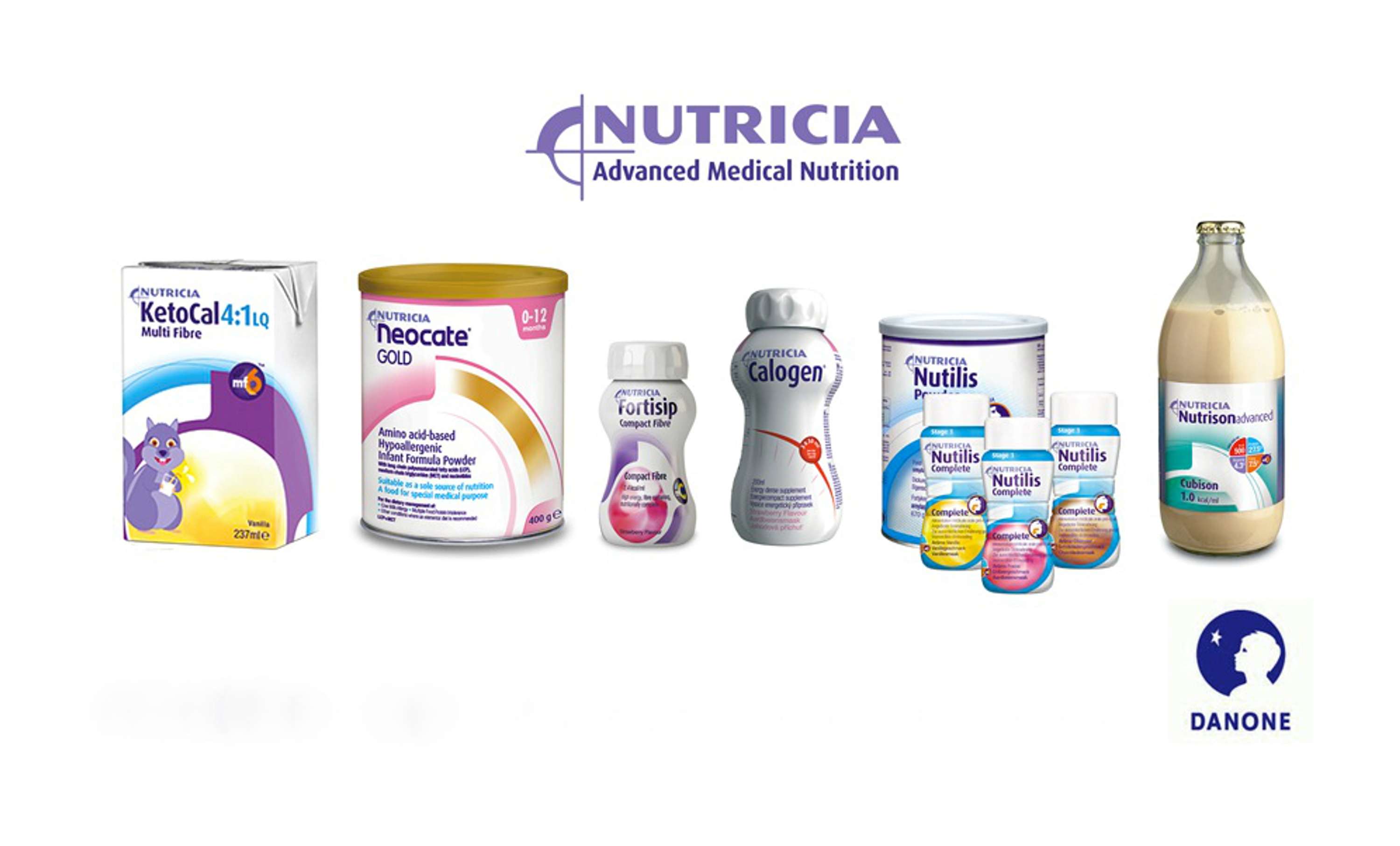Danone VIEW newsletter on medical nutrition
Nutricia is a division of the Danone group that specializes in therapeutic food and clinical nutrition. My role was to interview Nutricia's food scientists, external academics and medical experts. I wrote articles that explained the medical research behind the products. The content was aimed at doctors and health professionals. My value-add: interviewing skills / understanding complex information and creating easy to read, engaging articles / a complex project was successfully outsourced.

3 QUESTIONS FOR…
Mark Hanson
Professor Mark Hanson, MA DPhil CertEd FRCOG, British Heart Foundation Professor of Cardiovascular Science. Director Institute of Developmental Science and Director Division of Developmental Origins of Health & Disease, University of Southampton.
Health risk factors ‘switch on’ at conception
New research in epigenetics reveals that nutritional regimes can ‘re-engineer’ our profile of gene expression to improve future quality of life.
VIEW: What is epigenetics?
M.H.: From the moment of conception, our lives are influenced by interactions between the DNA that we inherited from our parents and our environment. This impacts how we develop before and after birth, and how we react to challenges such as an unbalanced diet later in life. Epigenetics refers to the chemical modification of gene expression without changes in the inherited DNA code sequence that mediates these gene-environment interactions.
There are different forms of epigenetic processes which influence how and when certain genes are 'switched on'. For example, epigenetic processes are involved in normal development to reset the pattern of gene expression in early life for a person's lifetime. They also play a role in the early stages of some forms of cancer. So they operate in both normal functions and disease.
Some people are at higher risk of chronic non-communicable disease than others. But only a small part of this risk is due to inherited genes – we now know that epigenetic processes greatly contribute to this risk.
VIEW: How do epigenetic processes predict future health and disease risk factors?
M.H.: Epigenetic processes can be measured at birth and in childhood and they tell us two things. First, they indicate how the baby has developed before and soon after birth in response to their environment. Because this environment is largely influenced by the mother, the epigenetic 'marks' can tell us a great deal about the effects of the mother's diet, her body composition, her stress levels, etc.
Secondly, early life factors play a major role in the risk of later chronic diseases such as obesity, diabetes, cardiovascular disease, osteoporosis and even some forms of cancer. So epigenetic marks measured at birth can provide clues about such risks at a later time in life, yet well before disease develops and when prevention is still possible.
VIEW: What is the role of epigenetics in the development of nutritional food products?
M.H.: Epigenetic measurements are useful as objective biomarkers to analyze how early nutrition impacts health later on in life. These biomarkers can be used to monitor the effects of nutritional interventions. Thus epigenetics is a valuable scientific asset to support the development of food products, to accelerate medical trials and to validate health claims.
Epigenetics is an advantageous tool in food development to ensure good performance and health and to monitor food safety effectively. New research also offers hope for personalizing nutrition in relation to epigenetic processes. It is possible to ‘re-engineer’ the profile of gene expression for improved later health and resistance to disease.
Danone is developing and testing new nutritional products and strategies, for both women and infants, which deliver optimal health and help to reduce the risk of chronic disease. Epigenetics is at the core of this exciting leap forward in preventive nutritional strategy.

